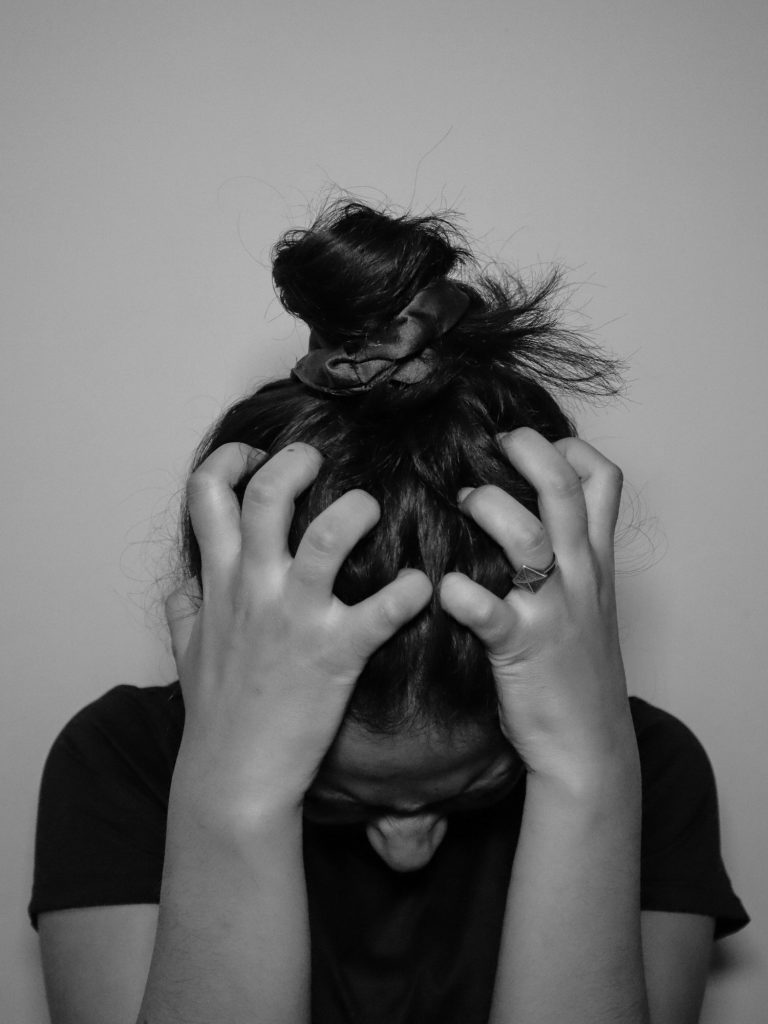One of the ways grief manifests itself it through anger. Raging, overwhelming anger.
The slightest thing might set you off. You might even be able to logically understand that your anger is too much, but it’s still there, consuming you. How do you deal with that?
We tend to label emotions good or bad, and we work hard to eliminate the ones that we’ve decided are bad. However, as kitschy as it may sound, there are no bad emotions, only emotions that feel bad. All emotions are signals. Anger signals that there’s emotional danger. You are sparked to fight. When you lose someone, there can suddenly be a huge feeling of un-safety – also known as danger. The deeper the attachment to the person who you lost, the bigger the un-safety, and therefore, potentially, the bigger the need to fight for safety.
In many circumstances, anger is a good emotion, because anger keeps us safe. Unfortunately, with grief, while there might be unsafety, there’s no one and no thing to fight, so the anger doesn’t have a place to go. It rages inside and might be pointed anywhere we think we can cast blame for our pain: God, family, friends, doctors, ourselves.
Step one: Take a moment and concentrate on your breath and letting your shoulders relax. I know this might seem like a silly suggestion, but it need to start getting the message to the body that it’s ok so relax.
Step two: Consider why you are so angry? Do you feel like someone truly did wrong? Or do you find you’re filled with rage for no specific reason? It might be worth talking to a grief counsellor about it.
Step three: Find an outlet. Talking about it, exercising, finding a worthy mission etc. will all allow you to take the internal energy and place it outside of yourself. Part of why we use art-based grief counselling at Authentic Living London is because art serves as a way of getting the emotions that are screaming on the inside out of you in a way that doesn’t damage relationships.
Step four: Try to keep your words kind. If you do mess up, apologize. This doesn’t mean you suppress the emotion though. It’s important to find healthy outlets, as mentioned in step two.
You don’t have to continue struggling on your own. Please reach out to our grief counselling expert. We honour your story and your struggle. Read all about the “Dual Process Model of Grief” on our blog page now!

